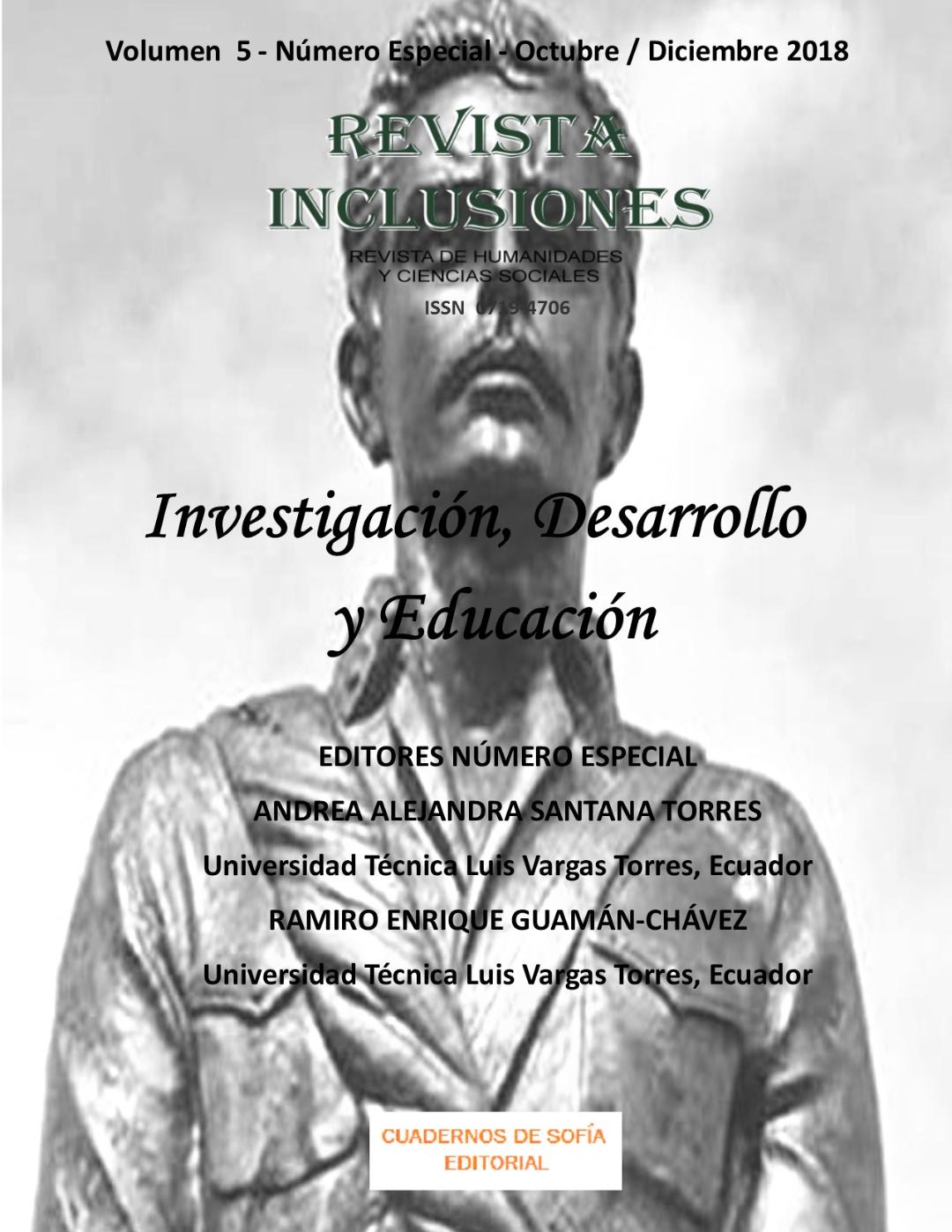PHYSIOLOGY OF EMOTIONS FROM THE PERSPECTIVE OF A THEORY OF OPERANT BEHAVIORISM
Keywords:
Behaviorism, Conduct, Emotions, Behavior, PhysiologicalAbstract
ntroduction: Operant Behaviorism modifies behavior, via the frequency and intensity of a new behavior or response to the same stimulus, a boost in learning. Objectives: Determine the process of emotions the perspective of operant Behaviorism. Methodology: bibliographical documentary research type transversal, descriptive, retrospective, which collected information from different research carried out in the past three years in the databases is used: Scielo, Scopus, Dialnet, Redalyc, Google Scholar. Web on Science. WOS; results of the various types of analyses in each of them, including exploratory, descriptive and correlational type to draw conclusions with a margin of error at least through a triangulation of data were taken. Results: It was confirmed that emotions have a physiological effect in the change of behaviour, by means of the operant conditioning. Conclusions: Behaviorism used positive or negative reinforcers to eliminate features of erratic behaviors, or at the same time reaffirming a positive behavior. Without ruling out that there is a physiological process, which can determine a machine learning, without participation of the will of the subject in research. The capacity for analysis and synthesis, along with the possibility of developing skills resolvent disappears.
Downloads
Published
How to Cite
Issue
Section
License
Copyright (c) 2018 Est. Betsy Meylin Cruz Velastegui , Ph. D. Holguer Estuardo Romero-Urréa , Est. Adriana Gabriela García Sánchez , Drda. Kathiusca Paola Echeverría Caicedo

This work is licensed under a Creative Commons Attribution 4.0 International License.
Los autores retienen los derechos de autor y otorgan a Revista Inclusiones el derecho de publicación bajo Creative Commons Attribution 4.0 International (CC BY 4.0). Esto permite el uso, distribución y reproducción en cualquier medio, siempre que se otorgue la debida atribución al autor.











